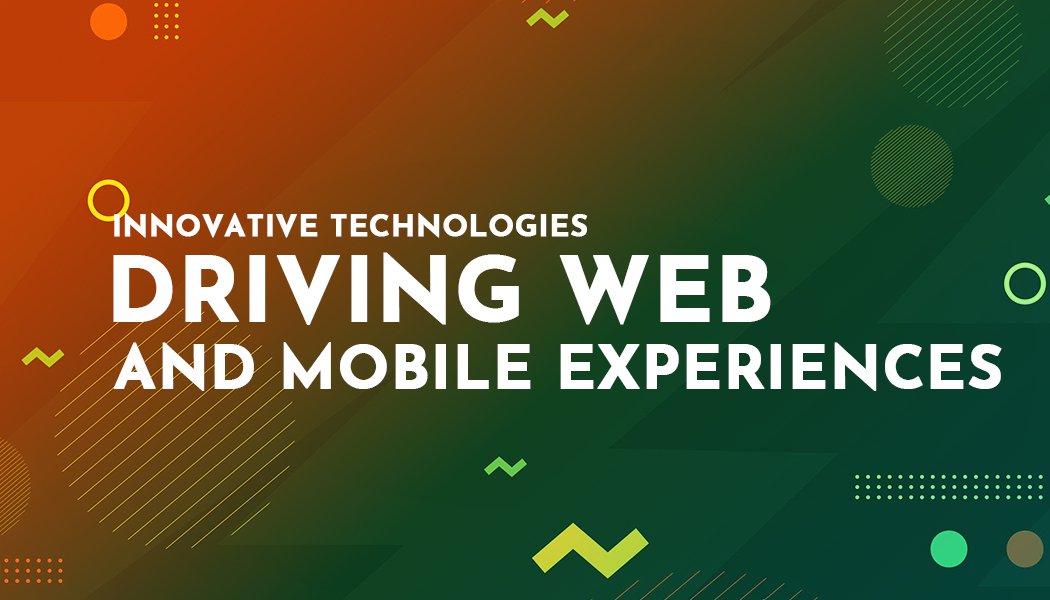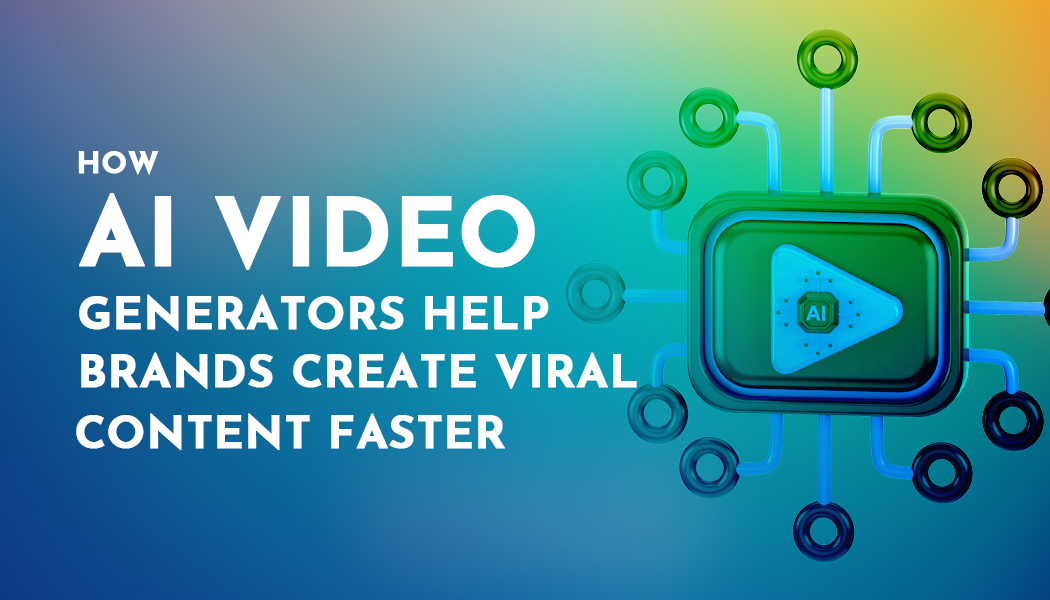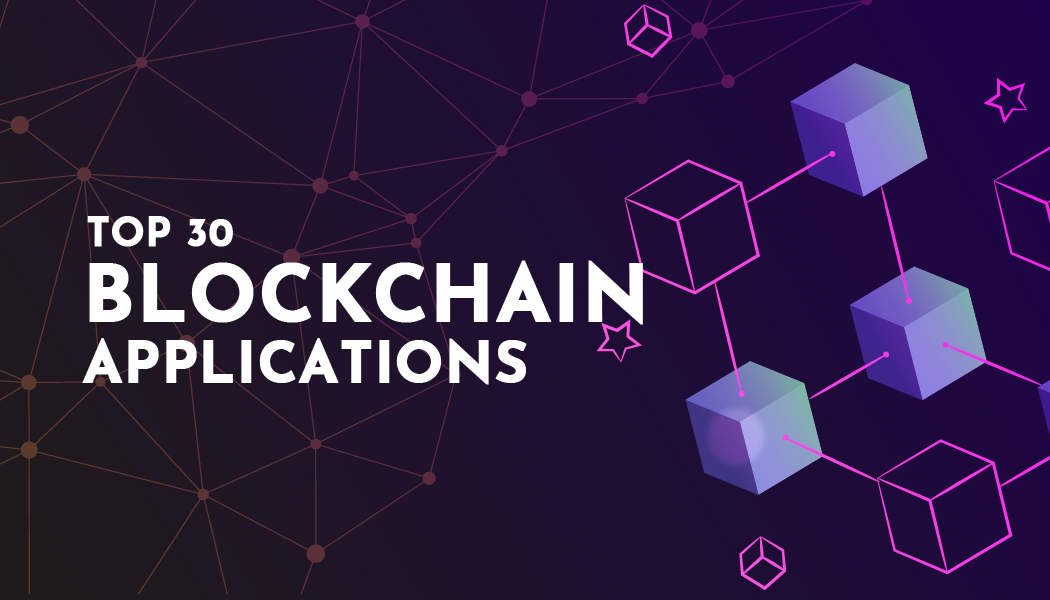Innovative Technologies Driving Web and Mobile Experiences
The landscape of web and mobile technology is undergoing rapid transformation, driven by innovative advancements that redefine user interaction. From artificial intelligence to augmented reality, these technologies enhance functionality and improve overall user experiences. In this blog, we delve into the groundbreaking technologies shaping the future of web and mobile platforms and their implications for both users and businesses.
Artificial Intelligence (AI) and Machine Learning (ML)
Artificial intelligence (AI) and machine learning (ML) are at the forefront of enhancing web and mobile experiences. By processing large datasets, AI can tailor user experiences through personalized recommendations based on individual behavior. Machine learning algorithms enhance applications by adapting their functionality based on user interactions, continually improving the user experience. The integration of a Salesforce membership management system enables organizations to streamline their member interactions and enhance overall user experiences on web and mobile platforms.
For instance, e-commerce sites leverage AI to suggest products that align with previous searches, while mobile applications can customize their interfaces according to user preferences. Additionally, AI-powered chatbots provide immediate customer support on websites and apps, ensuring quick and efficient user interactions.
Progressive Web Apps (PWAs)
Progressive web apps (PWAs) are revolutionizing how users engage with web platforms by merging the best aspects of web and mobile applications. PWAs are fast, reliable, and capable of functioning offline, thanks to their efficient caching strategies.
Augmented Reality (AR) and Virtual Reality (VR)
Augmented reality (AR) and virtual reality (VR) technologies are revolutionizing user engagement in mobile apps and websites by offering immersive experiences. AR enriches the real world by superimposing digital information, enabling users to interact with their surroundings in novel ways. In contrast, VR fully immerses users in a completely virtual environment, enhancing the depth of interaction and engagement.
These technologies find particular application in sectors like gaming and retail. Mobile apps equipped with AR capabilities enable users to virtually try on products, such as clothing or cosmetics, before making a purchase. Similarly, VR is used in travel apps to provide virtual tours, offering a compelling way to explore destinations.
Voice User Interfaces (VUIs)
Voice user interfaces (VUIs) are increasingly being integrated into web and mobile applications. The popularity of smart assistants like Amazon Alexa and Google Assistant has accustomed users to voice interactions. This trend compels businesses to incorporate voice search and navigation into their platforms.
VUIs provide hands-free convenience, particularly beneficial for mobile users who require quick information while multitasking. Furthermore, voice interfaces enhance accessibility, making digital platforms more inclusive for individuals with disabilities.
5G Technology
The introduction of 5G technology is revolutionizing mobile experiences by offering significantly faster download and upload speeds, reduced latency, and enhanced connectivity. This advancement allows mobile applications to provide real-time features that were once limited by slower network speeds.
High-speed Internet enables data-intensive applications, such as video streaming, AR, and VR, to function seamlessly on mobile devices. As a result, 5G is paving the way for more sophisticated and interactive mobile experiences.
Blockchain Technology
Although primarily associated with cryptocurrency, blockchain technology is expanding its applications within web and mobile development. Offering decentralization, security, and transparency, blockchain is ideal for applications requiring robust security, including financial services, e-commerce, and healthcare.
Additionally, its decentralized nature allows developers to build peer-to-peer applications without reliance on traditional servers, minimizing the risk of a single point of failure.
Internet of Things (IoT)
The Internet of Things (IoT) connects everyday devices to the Internet, facilitating communication and data collection. In web and mobile contexts, IoT offers seamless integration between user devices and applications.
For example, smart home applications enable users to control appliances, lighting, and security systems through their smartphones. In healthcare, IoT devices can synchronize with mobile apps for real-time health monitoring, enhancing convenience and efficiency for users.
Cloud Computing
Cloud computing serves as a foundational technology for modern web and mobile experiences. By leveraging cloud services, applications can avoid reliance on local hardware for storage and processing, instead utilizing powerful cloud servers.
This shift leads to faster load times and improved performance, especially for data-heavy applications. Cloud-based solutions are also easier to scale, allowing businesses to adjust resources based on fluctuating user traffic, particularly in sectors like e-commerce and streaming services.
Edge Computing
While cloud computing plays a vital role in enhancing web and mobile experiences, edge computing is emerging as a complementary technology. By processing data closer to the user’s device, edge computing minimizes latency and boosts performance for real-time applications.
This approach is particularly advantageous for applications requiring immediate data processing, such as autonomous vehicles or smart security systems. By reducing the data sent to central servers, edge computing ensures faster and more responsive mobile experiences.
Cybersecurity Enhancements
As web and mobile applications grow increasingly complex, robust cybersecurity measures have become essential. New technologies, such as AI-driven threat detection and blockchain-based security, enhance the protection of user data.
Mobile applications are adopting biometric authentication methods, like fingerprint and facial recognition, to strengthen security. These advancements help safeguard personal information, fostering trust among users in an interconnected digital landscape.
Conclusion
The evolution of web and mobile experiences is significantly influenced by a variety of innovative technologies, from AI and AR to 5G and edge computing. These advancements enhance performance and fundamentally alter how users engage with digital platforms. As businesses increasingly adopt these technologies, we can anticipate a future marked by more personalized, immersive, and secure interactions on web and mobile platforms.




